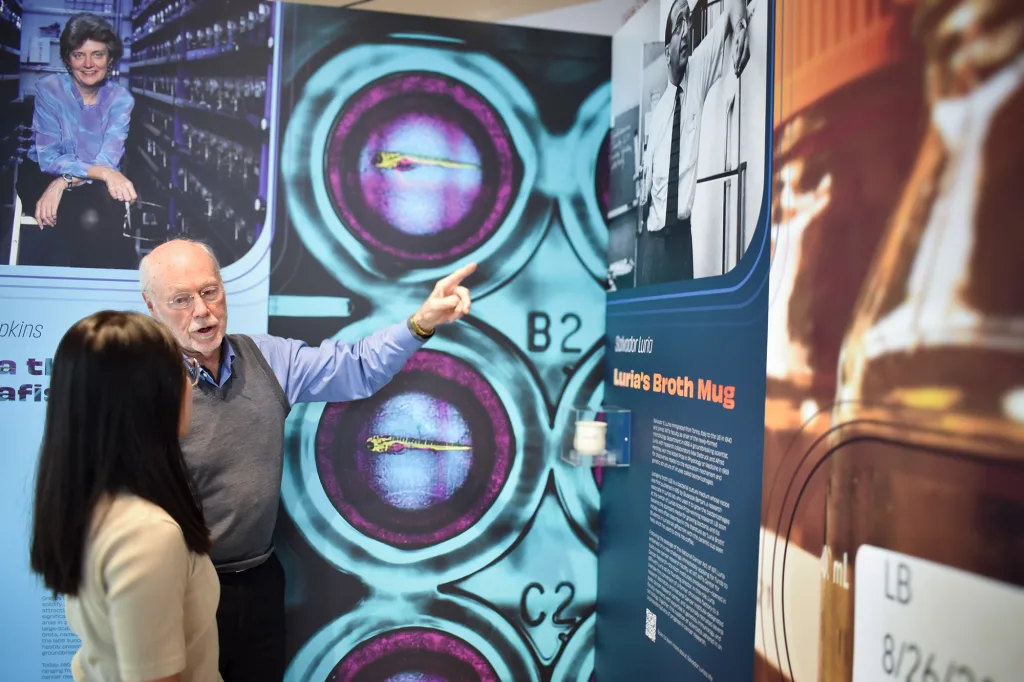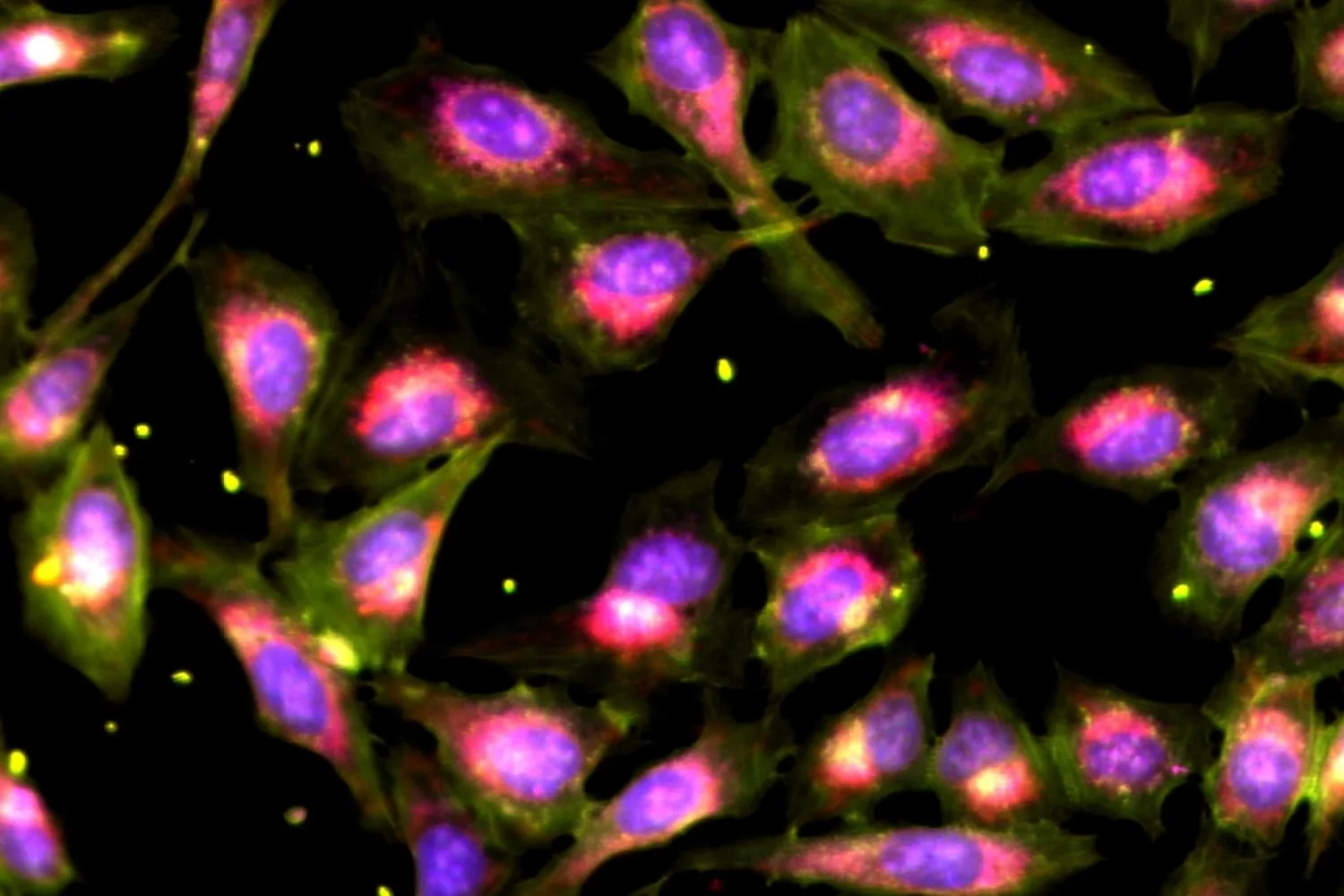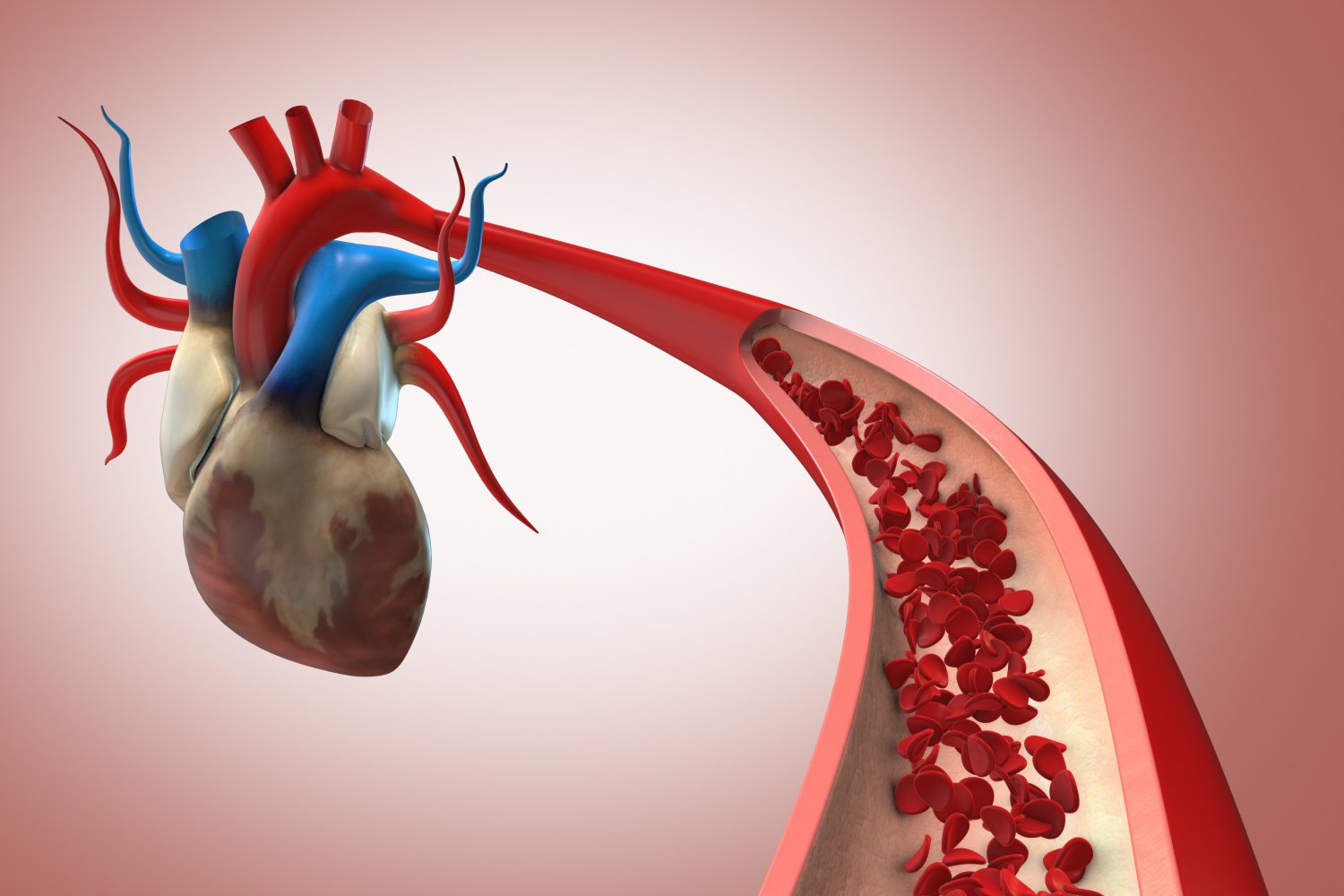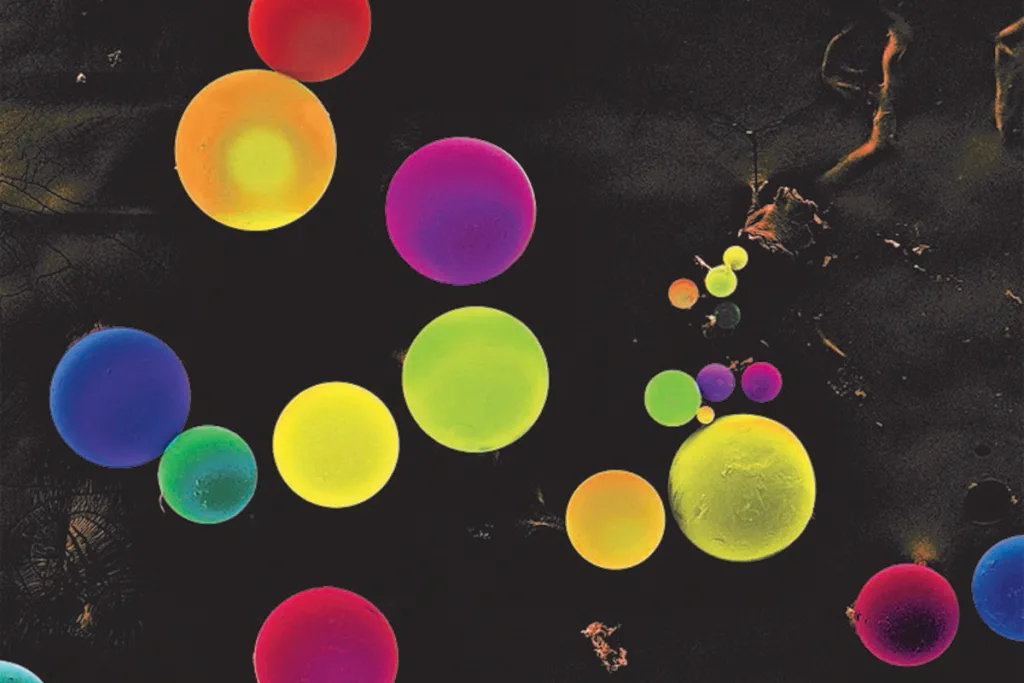In 2024, MIT’s Koch Institute for Integrative Cancer Research proudly commemorates five decades of groundbreaking cancer research and the remarkable individuals who have contributed to this journey. To mark this important anniversary, the Koch Institute unveiled a new exhibition on November 19: Object Lessons: Celebrating 50 Years of Cancer Research at MIT through 10 Significant Items.
This engaging exhibit invites attendees to delve into pivotal artifacts, ranging from one of the earliest PCR machines crafted in the laboratory of Nobel laureate H. Robert Horvitz to ‘Greta,’ a pioneering zebra fish from Professor Nancy Hopkins’ lab. These items represent MIT’s critical contributions to cancer research over the past fifty years.
The exhibition presents a snapshot of the various contributors and breakthroughs that have characterized MIT’s cancer research since the Center for Cancer Research was founded in 1974. In the wake of the National Cancer Act of 1971, which sought to deepen our understanding of cancer biology, MIT responded by forming a center where leading biologists would tackle fundamental questions about the disease. This initiative laid the groundwork for the Koch Institute, which opened in 2011, uniting engineers and life scientists under one roof to expedite progress in innovative ways.
Over the past 13 years, the Koch Institute’s collaborative and multidisciplinary approach has led to significant advancements in cancer biology, fostering the translation of research discoveries into substantial patient benefits. More than 120 spin-off companies have emerged from Koch Institute research, many based in the nearby Kendall Square area, with approximately half advancing their technologies to clinical trials or commercial applications. The collaborative spirit of the Koch Institute extends beyond its laboratories, as principal investigators often establish partnerships with renowned medical centers, effectively bridging the gap between research and clinical impact.
Current Koch Institute Director, Matthew Vander Heiden, who also practices oncology at the Dana-Farber Cancer Institute, is influenced by patient narratives. “The work we do in the lab aims to transform the reality of cancer for patients,” he states. “We are consistently driven by the urgent need to translate our research findings into improved outcomes for those affected by cancer.”
The artifacts showcased in Object Lessons guide visitors through five decades of MIT’s cancer research, highlighting the pioneering efforts of Salvador Luria, the founding director of the Center for Cancer Research, alongside the contributions of newer investigators like Francisco Sánchez-Rivera and Jessica Stark.
Among the exhibit’s treasured items is a simple yet iconic artifact: a ceramic mug belonging to Salvador Luria that features the phrase “Luria’s broth.” This lysogeny broth medium, which is still used today and was first published in 1951, symbolizes the foundational years of the Center for Cancer Research and serves as a testament to Luria’s early visionary impact. His pioneering work paved the way for a new era of biological inquiry that profoundly influenced cancer research at MIT for generations to come.
Visitors have the opportunity to see how the Koch Institute continues to build on its legacy, transforming decades of knowledge into innovative tools and therapies capable of revolutionizing patient care and cancer research.
For example, the PCR machine developed in Horvitz’s lab during the 1980s significantly simplified genetic manipulation of cells and expedited gene sequencing. This benchtop unit represented a major leap forward at the time of its commercialization. Subsequent technological advancements have enabled visualization of DNA and biological processes at far smaller scales. This is exemplified by the handheld BioBits imaging device created by Stark, which is on display next to the Horvitz panel.
“We designed BioBits kits to address the need for greater equity in STEM education,” Stark shares. “These kits make hands-on biology accessible and affordable, inspiring and empowering the next generation of scientists.”
While the exhibition highlights scientific innovations and engineering marvels, it also emphasizes the human aspect of cancer research through significant personal items, such as messenger bags and Seq-Well devices belonging to Alex Shalek, a prominent professor in the Institute for Medical Engineering and Science and the Department of Chemistry.
Shalek focuses on the molecular differences among individual cells, advancing mobile RNA-sequencing technology that he often showcased in his tote bag as he worked with collaborators both locally and globally. Through his efforts, Shalek has made single-cell sequencing accessible to laboratories in over 30 countries across six continents. “The Koch Institute fosters collaboration among students, staff, clinicians, and faculty from diverse disciplines, leading to transformative insights into cancer,” he emphasizes. “To me, this collaborative environment is the most rewarding aspect of being part of MIT.”
Nearby, a powerful reminder of the human toll of cancer research is embodied in a 3D-printed model of Steven Keating’s brain tumor. Keating, a former MIT student and patient advocate who passed away in 2019, became passionate about patients’ rights concerning their medical data. Through his efforts, he developed a relationship with Vander Heiden in his pursuit of expertise regarding his specific tumor type, known as IDH-mutant glioma. Vander Heiden’s subsequent research led to a groundbreaking therapy for this tumor type, gaining FDA approval in 2024, marking the first significant breakthrough in treatment options for Keating’s cancer in over two decades.
As the Koch Institute looks to the future, Object Lessons stands as a celebration of the individuals, scientific breakthroughs, and culture that have shaped MIT’s first fifty years in the realm of cancer research. “I am confident that our unique collaborative environment at the Koch Institute and MIT will continue to yield critical insights in the fight against cancer,” Vander Heiden asserts. “Our community is ready to embark on the next 50 years with the same passion and innovation that have brought us this far.”
Object Lessons is open to the public in the Koch Institute Galleries from Monday to Friday, 9 a.m. to 5 p.m., through the spring semester of 2025.
Photo credit & article inspired by: Massachusetts Institute of Technology



